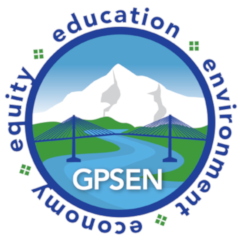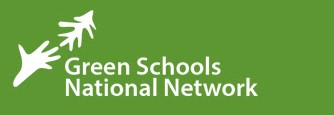Expanding the Definition of Literacy to Educate for Sustainability
Curriculum, PublicationsWhat does it mean to be “literate”? In the past when you heard the word “literacy” your first thought likely involved books and reading. However, the definition of literacy is changing as how we process information and the world around us is evolving rapidly. Digital literacy, for example, is needed to help students and young adults navigate the vast amount of information on the Internet and determine what’s fact and what’s fiction. Science literacy is needed to understand “how the world works,” make hypotheses, and devise solutions to challenges encountered in a wide array of fields, from health care to engineering. Environmental and sustainability literacy is needed to acquire the knowledge and skills necessary to create the future we want – one with economic opportunity for all, a fair and just society, thriving ecosystems, and healthy human and more than human populations.
This month, GreenNotes looked at some of the ways that educators are using literacy to deepen students’ understanding of sustainability and engage them in meaningful learning experiences to address environmental and sustainability issues. Here’s a roundup of stories we posted from Environmental Charter Schools, Forwood Elementary School, EcoRise, and EL Education.
- Fostering Environmental Literacy at Environmental Charter Schools
- Fostering Sustainable Intelligence through Hands-On Environmental Literacy Strategies in Austin Independent Schools
- How to Design a Literacy Curriculum that Turns Curiosity into Understanding and Helps Kids Save the Environment
- Sustainability Education Provides Authentic Learning Experiences in Science and Writing
- Rooting Readers in the Literary Garden
Green Schools National Network’s (GSNN) professional development and coaching services are designed to help schools and school districts adopt sustainability practices that align with their strategic goals. Our work is guided by the GreenPrint™ for Green, Healthy, and Sustainable Schools and its five core principles: curriculum, stewardship, facilities and operations, health and well-being, and leadership. Along with our professional development collaborative partners, we are positioned to help schools and school districts adopt a culture of sustainability that permeates every aspect of education: planning, policy development, program implementation, finances, curricula, teaching, learning, assessment, and administration.

